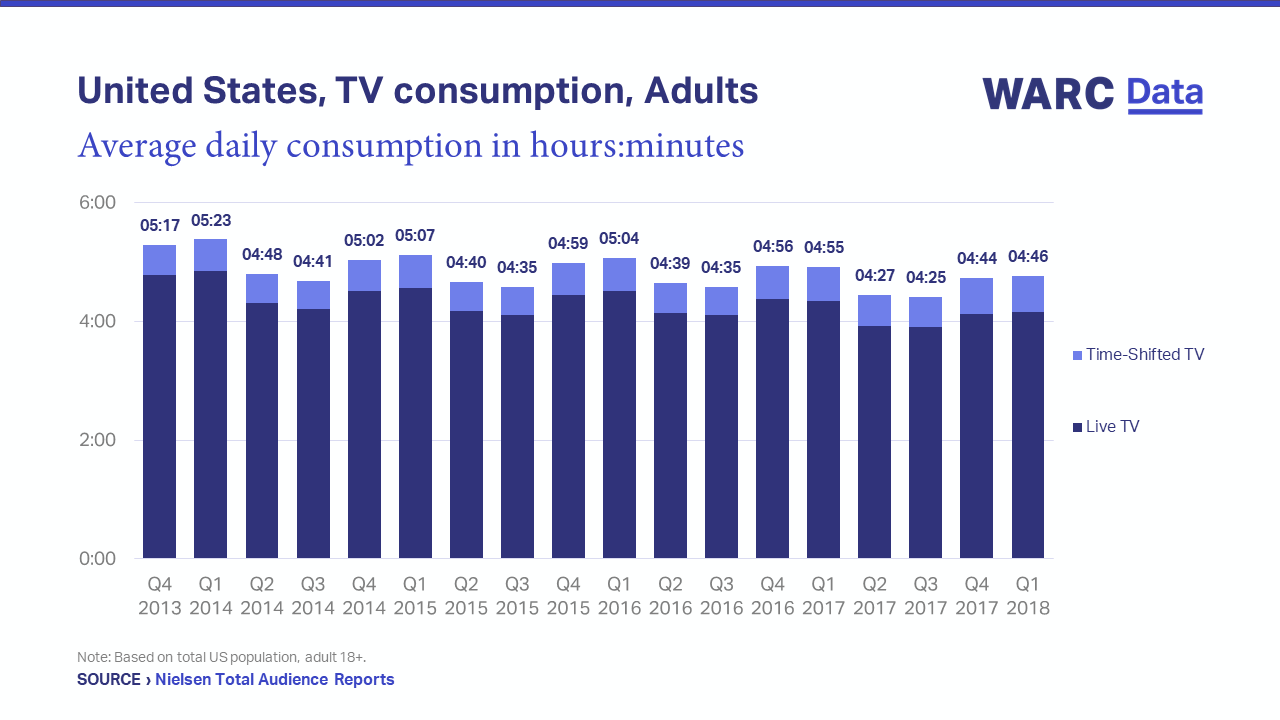Here’s what you need to know this week:

- Understanding six-second ads
NEW YORK: Research from the ARF exploring the effects of short-form advertising found that these spots were most powerful among millennials if used to extend an established campaign in low-clutter environments.
“Because this research was conducted in-home, as opposed to previous lab research, our findings provide new and unique insights that reflect real-world behavior,” said the ARF’s Chief Research Officer, Paul Donato.
- How PepsiCo is tracking consumer trends
CANNES: Global food and beverage giant PepsiCo shared insights on creating “a unified, common view of trends”. The story details how the company built a tool that offers a real-time view of the culinary and refreshment options that are generating buzz and burgeoning in popularity among consumers.
Coupled with these knowledge points, PepsiCo is able to keep up with the activity of numerous other enterprises. “We track over 2,200 brands and products,” said Maneesh Kaushik, PepsiCo’s global insights director.
- How #bloodnormal used creative judo to challenge toxic taboos
LONDON: Bodyform/Libresse is a global feminine care brand that challenges the position of P&G’s Always but can't outspend it. AMV BBDO’s Margaux Revol shares the inside story of how the brand’s Glass Lion Grand Prix-winning campaign came together.
“With #bloodnormal, we saw confirmation that acting purposefully is not only right for our brand; it is also right for women and society.”
- How an Australian bank boosted radio effectiveness with neuroscience
SYDNEY: Neuroscientific testing helped National Australia Bank’s radio ads encouraging Australians to download property valuation reports to be significantly more effective.
“What it’s about is how we actually take that ad – in this case, it’s a 10-second live read within the radio environment, adjacent to traffic – and then how we optimise that to ensure the key points in getting through to memory,” explained Kelly McIlwraith, global marketing and strategy director at Global Traffic Network.
- Superunion: How Asian brands need to offer more than culture
BEIJING: As pressure from tariffs increases on Asian companies, the need for meaningful brand differentiation is becoming more important than ever, argues Superunion’s Global CEO, Jim Prior.
The new WPP agency is aiming to drive more business in Asian markets by taking its branding consultancy further upstream.
From WARC Data:
Live TV viewing down in America again


